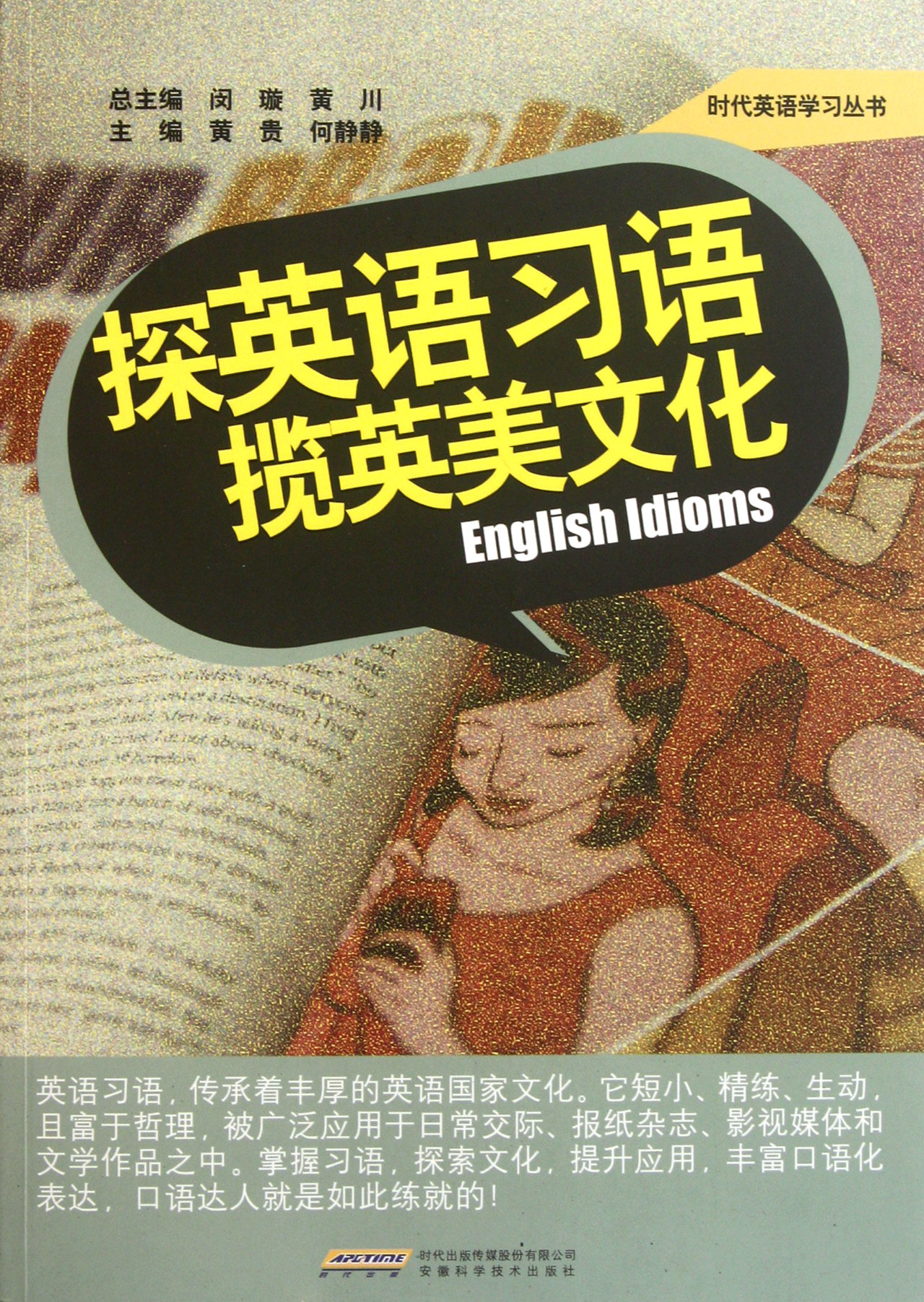神秘内容 Loading...
 (来源:英语学习门户 http://www.EnglishCN.com) (来源:英语学习门户 http://www.EnglishCN.com)
Those of us who grew up with English as our first language have been exposed to idioms and idiomatic expressions for most of our lives. They may have confused us a little when we were children, but explanation and constant exposure not only increased our understanding of them, but likely drew them into our own vernacular. If you’re in the process of learning the English language, you may come across some of these and not be entirely sure what they mean. Here’s a list of 20 that you’re likely to come across fairly often:
对英语是母语的人而言,大部分的时间都会接触到习语和俚语。孩提时,遇到习语和俚语可能会有些迷惑,但是不断的接触会增加对这些词语的理解,并有可能把它们纳入到自己的词汇中。如果你正在学习英语,那你可能会遇到一些习语或俚语,却不是很清楚它们的意思。下面列出了你最可能经常碰到的20个习语或俚语。
1. A Chip on Your Shoulder
耿耿于怀
No, this doesn’t mean that you’ve dropped part of your snack. To have a chip on one’s shoulder implies that the person is carrying around some grudge or bad feelings about something that happened in the past… like having walked through the wreckage of a building, and ended up with a chip of that building stuck to them for years afterward。这可不是说你掉了一点儿零食。“To have a chip on one's shoulder”
指的是一个人对过去发生的事情怀有怨气或不良情绪....。。就像是走过建筑物的残骸,而接下来的几年中建筑物的碎屑仍粘在身上。
2. Bite Off More Than You Can Chew
贪多嚼不烂
Like taking a HUGE bite of a sandwich that will fill your mouth up so much that you can’t move your jaw, this idiom implies that you’ve taken on more than you can handle successfully. An example would be agreeing to build ten websites in a week when normally you can only handle five。
就像是你咬了一大口三明治,把嘴填得太满了,下巴都动不了了。这个习语指的是做事情不要超出自己的能力。举个例子,你同意一周的时间建10个网站,而通常情况下你只能建5个。
3. You Can’t Take It With You
生不带来,死不带去
You can’t take anything with you when you die, so don’t bother hoarding your stuff or not using it except for “special occasions”. Live now, because all your stuff is going to be around long after you’re gone。
当你死时,什么东西也带不走。所以不要贮藏东西或只有“特殊场合”才使用某些东西。活在当下,因为在你走了之后,那些东西还会长时间存在。
4. Everything But the Kitchen Sink
一应俱全/无所不包
This implies that nearly everything has been packed/taken/removed. For instance, if someone said: “The thieves stole everything but the kitchen sink!” it meant that they took everything they could carry; it’s damned hard to remove a sink and carry it around。
这指的是无所不包。例如,如果有人说:“The thieves stole everything but the kitchen sink!”指的是贼把能搬的东西都搬走了;很难卸下水槽并随身携带。
5. “Over My Dead Body”
“休想”
When the only way you’ll allow something to happen is if you’re no longer alive to stop it。
你允许某事发生的唯一方式是你不再活在世上,无法去阻止它。
6. Tie the Knot
喜结连理
To get married. This is left over from the old tradition of handfasting, wherein the hands of the bride and groom would be tied together with a length of ribbon to symbolize that their lives were fastened together permanently。
结婚。这是从婚约的古老传统遗留下来的,新郎和新娘的手用缎带系在一起, 代表他们的生活永远地系在了一起。
7. Don’t Judge a Book By Its Cover
不要以貌取人
Things aren’t always what they appear to be at first glance, so it’s a good idea to give something a chance, even if its outward appearance isn’t immediately attractive。
事情并不总是第一眼看上去的样子,所以即使事物的外观不能立刻吸引你,也要给它们一些机会。
*The exception to this might be actual books that have hideous covers: those tend to be terrible all around, and in cases such as these, it’s best to contact the author or publisher and recommend a good graphic designer。
*例外情况可能是封皮骇人的书籍:那些书无论放在哪里都很吓人,在这种情况下,最好联系作者或出版商,并推荐好的平面设计师。
8. When Pigs Fly
永无可能
This means “never”. Pigs aren’t about to sprout wings and take flight anytime soon, so if someone says to their kid that they can get a forehead tattoo when pigs fly, it’s not gonna happen。
这意味着“不可能”。猪不可能在短期内长出翅膀飞起来。 所以如果有人这样对孩子说, 当猪能飞时就能在前额上纹身,意思是这样的事是不会发生的。
9. A Leopard Can’t Change His Spots
江山易改,本性难移
Basically: you are who you are. Just like a leopard can’t concentrate really hard and change the pattern on its skin, people can’t change who they really are at heart。 |

